Covid-19: Who Is Vulnerable And How To Protect Them
Living With A Chronic Illness During The Pandemic
Covid-19 is not limited to any class or culture. This pandemic is something that has changed our entire world almost overnight. While none of us are impervious to the virus, the new normal for those of us with physical vulnerabilities has become coloured with a daunting fear.
In the wake of the global Covid-19 pandemic, it was a somber 2020 hanami season in Tokyo. And with Prime Minister Shinzo Abe announcing a national state of emergency until—at least—May 31, we are left unsure how long this crisis will last. Embassies left and right seem to be signaling all of their scattered expats to either hurry home or be prepared to stay for the long term. That’s a big decision for anyone. This is a really, really confusing time for everyone.
With a continuous news cycle keeping us glued to our screens, we are all tenser than usual. The daily life of everybody has changed drastically, especially those of us who live with suppressed immune systems, or chronic illnesses. This pandemic leaves us more vulnerable to a virus that has already claimed over two hundred and sixty-five thousand lives at the time of this article being written. A common phrase being thrown around by those who are trying to comfort others goes something like:
“The coronavirus likely will not hurt you if you are a healthy, young individual.”
“Most healthy people are asymptomatic, and the ones who need to show concern are those who are immunocompromised.”
“Stop panicking. This will all be over soon and you look healthy so you’ll be alright.”
The message implied is that either our concern is disproportionate, or that we—anyone that doesn’t belong to this young & healthy group—are not worthy of public concern and action to protect.
Yes, we. This article is not being written by a doctor: I am a life-long sufferer of Juvenile Type 1 Diabetes, which is an autoimmune disease and physical disability. This detail isn’t crucial to this article, other than a lens through which to read it.
So today I want to share with you, reader, what you should be doing right now to protect yourself and your loved ones, and how to start cutting through the crucial information that everybody needs you to know. Now, let’s dive right in.
Do not panic buy
I want to begin my recommendations with maybe the most important one! We do not need a repeat of the heartbreaking scene of a woman in Glasgow who was reduced to tears when she was unable to find infant formula. This is a global problem that is going to require us to act with kindness and community spirit in mind: stores are still receiving consistent supplies. This is not a grocery shortage, it is a pandemic.
Do not pass the grocery store and collect $200 worth of toilet paper, and do not stockpile more than you would need for the two week period that would follow if a person within your household developed symptoms and you all needed to be quarantined. If you have a multiple body household (4+), perhaps extend your supplies by an additional couple of weeks. People can pass on Covid-19 prior to any visible symptoms, and not only that but the incubation time prior as well.
Spring allergies or scary respiratory infection?
During this pandemic, it is completely understandable to be on edge and to be a little quicker to hit the panic button. It’s going to be important for everyone to self-monitor very closely, and to be aware of the symptoms of Covid-19 so that we do not put a further drain on an already taxed healthcare system that is likely unable to provide you with adequate testing regardless (plus you will want to avoid further risks to yourself and others).
What are professionals looking out for when it comes to identifying Covid-19? The big three that everyone is talking about are fever, dry cough, and breathing difficulty. These can overlap with some severe seasonal allergies or the common flu, but additional symptoms that are less well known and show up in approximately 29-43% of patients are extreme fatigue and muscle aches. Similarly, it seems children tend to have milder symptoms than adults in terms of fever and cough (only 22% having the latter according to some studies).
Know the vernacular
Six months ago, almost no one had ever heard of the phrase ‘social-distancing’, yet it has integrated seamlessly into the public consciousness and the recommendations from experts around the world. Don’t feel bad, though, if you sometimes don’t know the correct word to use in any given situation (you’re not alone!). Let’s have a quick review of some of the new words you might have seen pop up in your hashtags on social.
Social-distancing
As I mentioned previously, this word has crashed into our households and onto our news feeds. Social-distancing has been part of the current safety guidelines since the pandemic was declared in February. Social distancing entails maintaining a physical distance of two meters from all other individuals. This isn’t easy in most places, and especially in Tokyo.
Isolation/Self-Isolation
Isolation is when a healthy person chooses to physically distance from the public in order to keep themselves from getting sick. They are limiting their contact with others and are staying home, but they are not sick themselves. This is still crucial, as the fewer people to spread the virus, the less vulnerable people you may unwittingly spread it to.
Quarantine
To quarantine is to keep a person who has already caught the virus or has been potentially exposed to it, away from the general population in order to limit the spread of infection. They need to stay separated either because they are showing symptoms or because they have recently been to a high-risk area and could be incubating the virus, but showing no signs outwardly. This is a more serious version of isolation, and although it seems to be used interchangeably if someone says they are quarantining themselves, you should take this seriously.
Flatten The Curve
When someone talks about “flattening the curve” it is a reference to this chart on the progression of pandemics. It shows the trajectory of infected cases against the capacity of any given country’s healthcare system. We cannot stop a virus completely with social-distancing, but what we can do is slow the spread of infection to prevent a spike in sick people placing a strain on the hospitals and preventing them from operational efficiency during this crisis. This is the tragedy we saw in Italy earlier this year.
What is important, is not to confuse social-distancing with emotional-distancing. We are not used to these kinds of conditions in the first world, but pandemics are actually happening pretty constantly around the planet at all times, and we can learn from the experiences of others who have experienced and survived.
DIY a face mask
We all know by now, especially here in Japan where they are synonymous with virtually any ailment, medical masks are in short supply in many places. Plus, the ones that we do have are likely best donated to first-line workers so they can continue to protect all of us.
However, recent CDC guidelines have recently changed from saying that medical masks are not the most beneficial things, to recommending that we all wear them whenever possible when going out to limit the spread of germs. So what are we to do?
Never fear, there are approved patterns to make your own medical masks. If you are feeling extra generous, or have anxious fingers, you might consider inquiring with local hospitals (through non-emergency lines, naturally) if they are accepting donations of homemade masks as well. This is a great way to give back directly and in a very meaningful way.
If you are suffering from a chronic illness, what can you do?
It’s time for just a little bit of tough love here. No matter what the healthcare system is like in your home country, you’re not there right now. You are in Japan, and unless you are very blessed with connections in this country, you will be the best advocate for your own health in a strange land.
Protect yourself
This means that it is up to you, as a sensitive individual, to remove yourself from this dangerous situation as much as humanly possible. This might mean requesting to be allowed to work from home, which is not a standard practice in Japan. It is, however, the absolute best way to maximize your safety. It might be daunting, however, to bring this idea to your superiors.
Japan is not one of the countries that are best known for the acceptance of those with atypical health, but it does have laws to protect vulnerable peoples. In my own case, I was able to set up a phone appointment with my specialist who was able to write a certificate as evidence to my employer regards to my condition. This isn’t covered by the National Health Insurance but it was what my supervisor needed to feel that he had the stable footing to make the request on my behalf. I can’t tell you that there might not be some professional pushback, but I can tell you that you are the one who is out for your own health.
Educate yourself
Despite everything, there is one benefit when dealing with this pandemic. We are educated, and we are faster than the virus. If these actions are taken now, we can flatten the curve and help our medical professionals to better take care of us, should the time come.
The Governor of Tokyo has been doing her best to release information in English to accommodate and inform English-speaking individuals living in the city, so be sure to stay up-to-date on the local recommendations, while also keeping an eye on any news from the Ministry Health, Labour and Welfare, and the WHO.
Until a vaccine is engineered for us, we must socially engineer one and remember that we have far more control in this chaotic situation than we tend to believe we do. We can get through this madness together, even if we can’t hold each other close while we do it. Luckily for us expats, distance is no stranger to us, and we have the skills to survive this.
Currently, we don’t know what the rest of 2020 will look like, or when the Olympics will be rescheduled, or when our lives will return to some semblance of normality… We do know, however, that we can make it through this together, even if we are alone.
…and to conclude
As a final note, to those of you doing the responsible thing and stayed home during this Golden Week and will continue from now on, thank you. You’re doing your part to save those who can’t save themselves right now, and you might just be saving a life by doing so.
If you feel that you might be infected with Covid-19, a phone line has been created to assist foreigners living in Japan. There is also a visitor hotline which is open 24 hours a day. Please stay home, and stay safe!

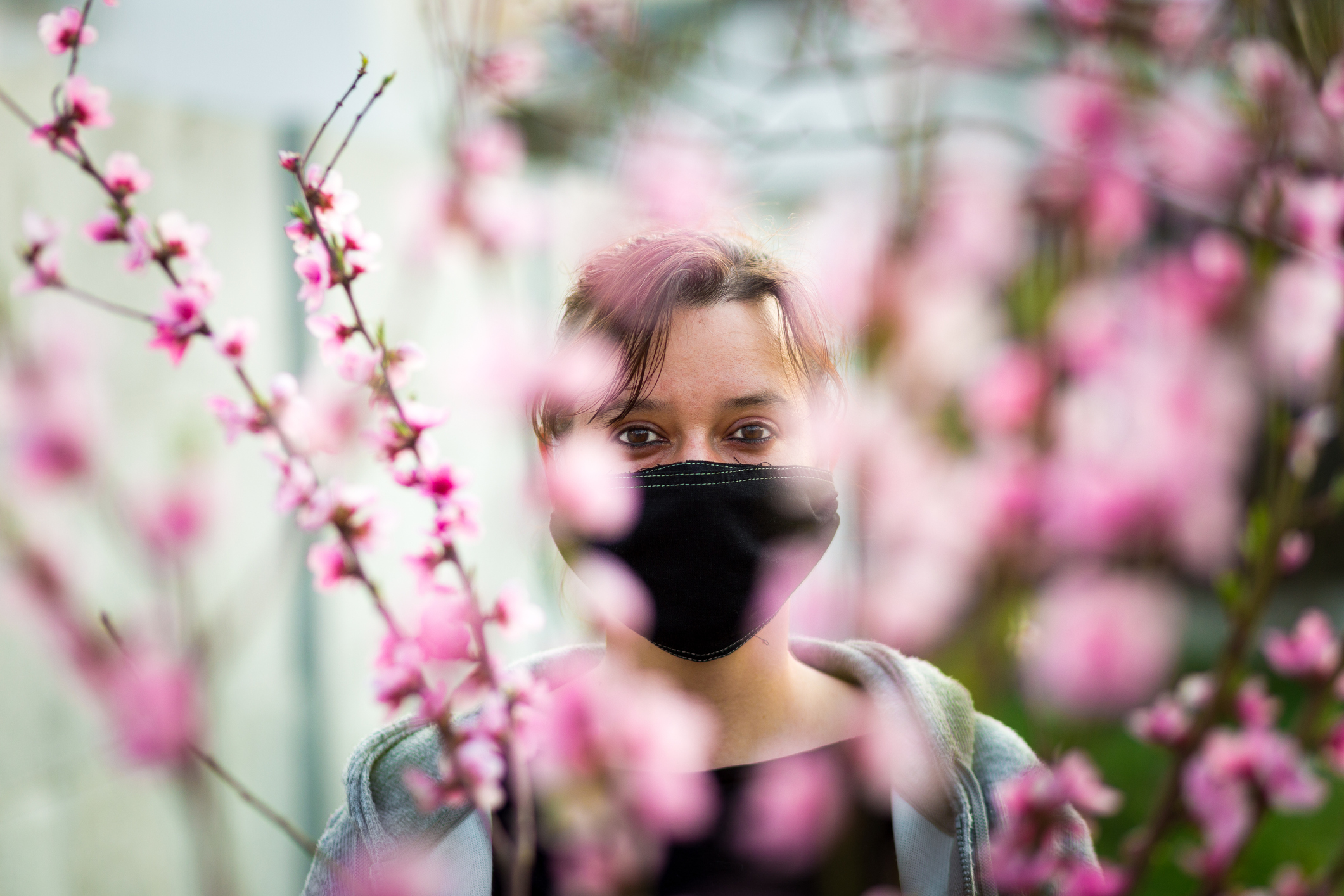
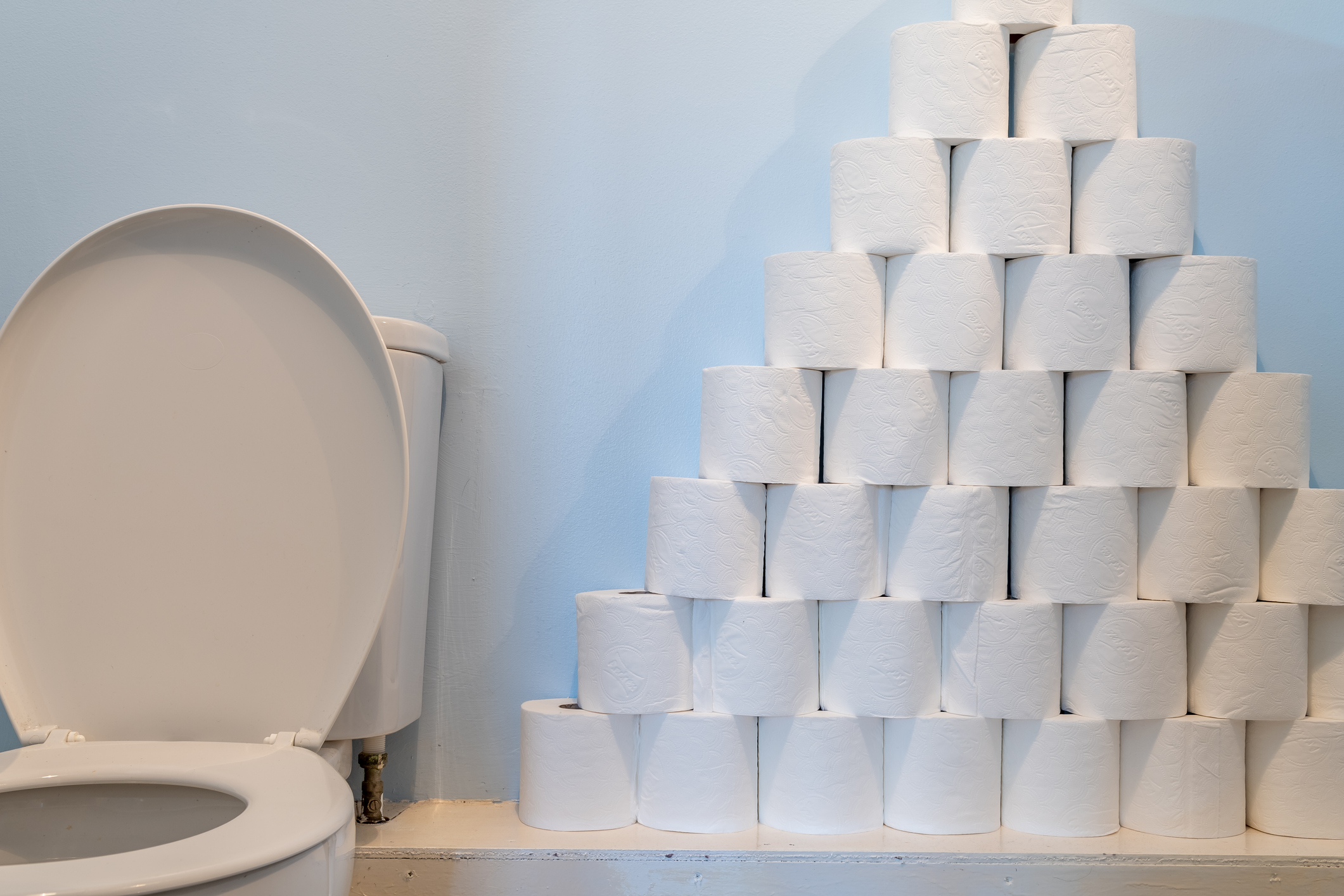
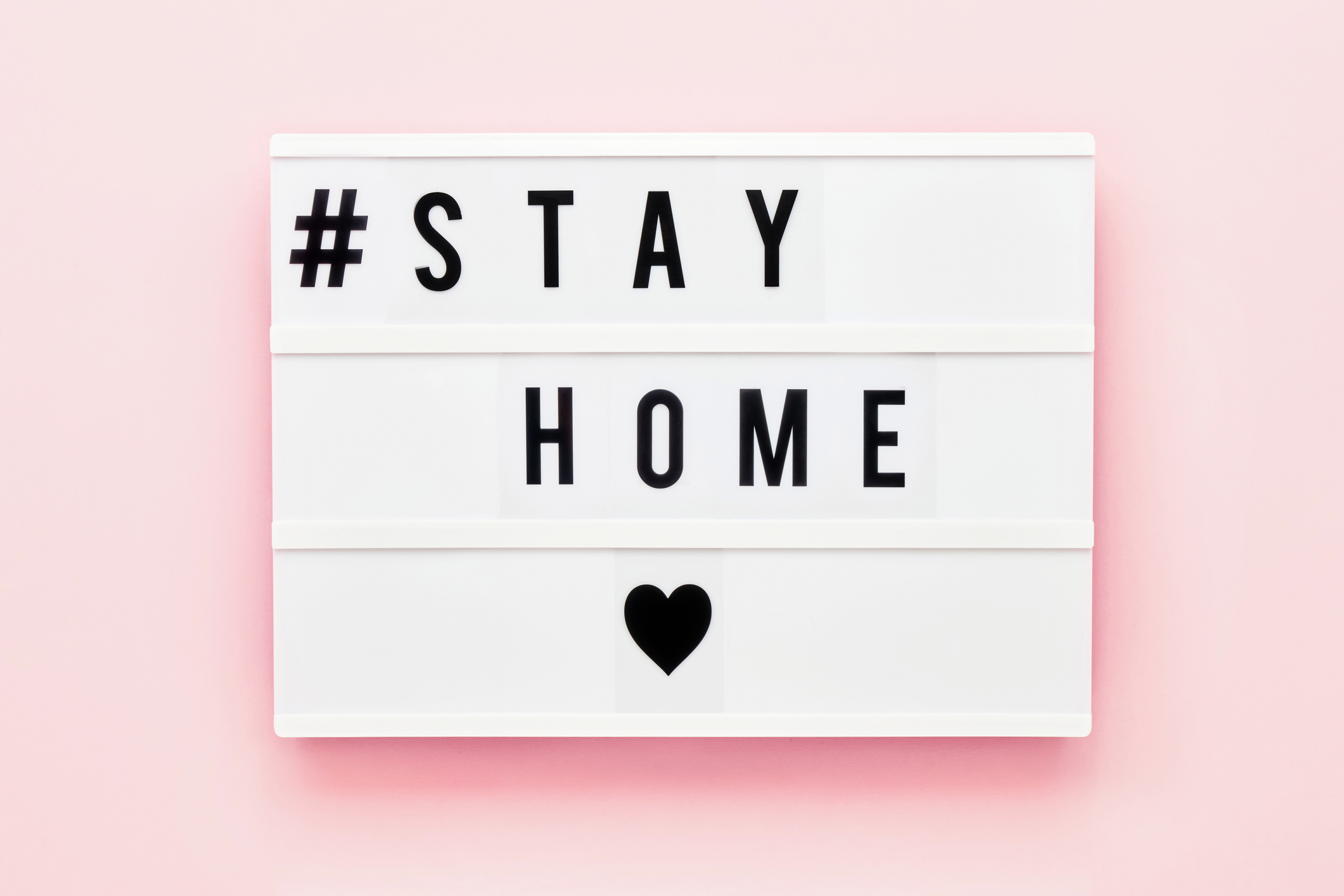
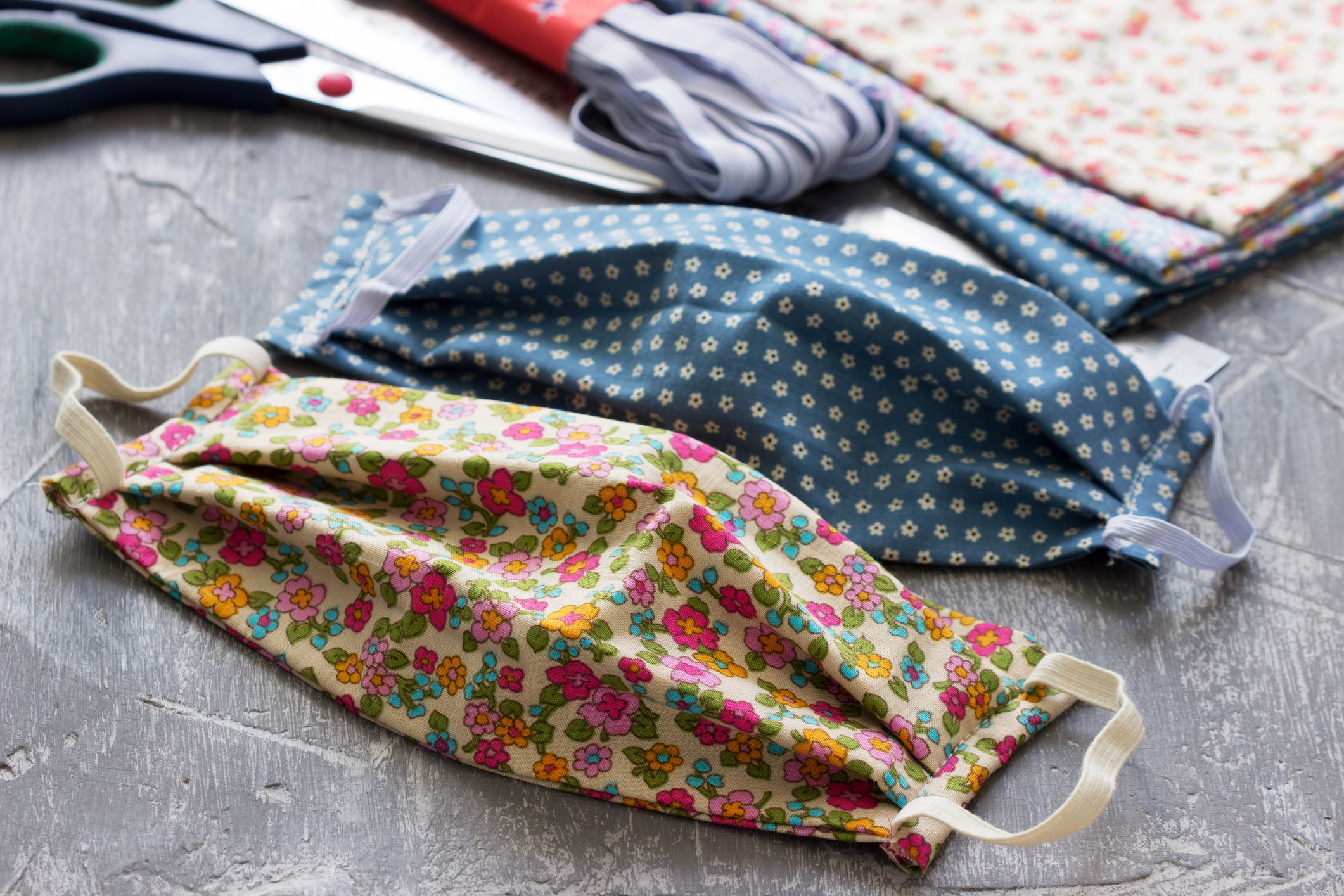

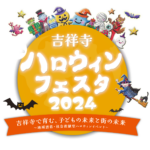
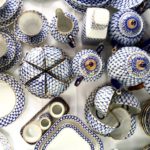

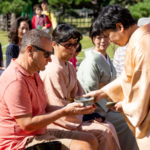





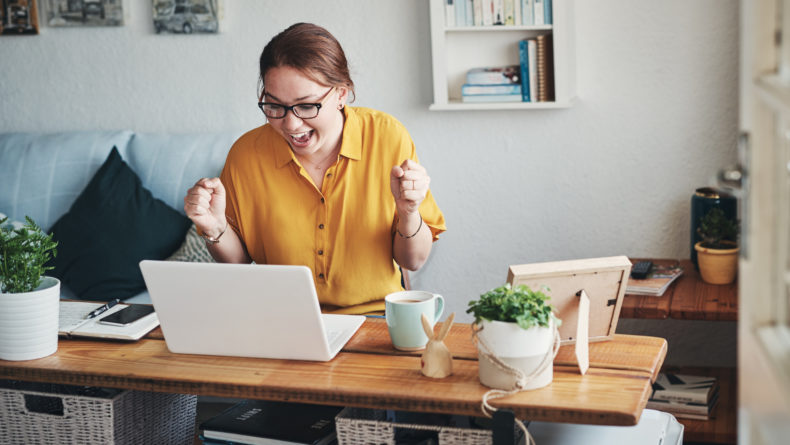
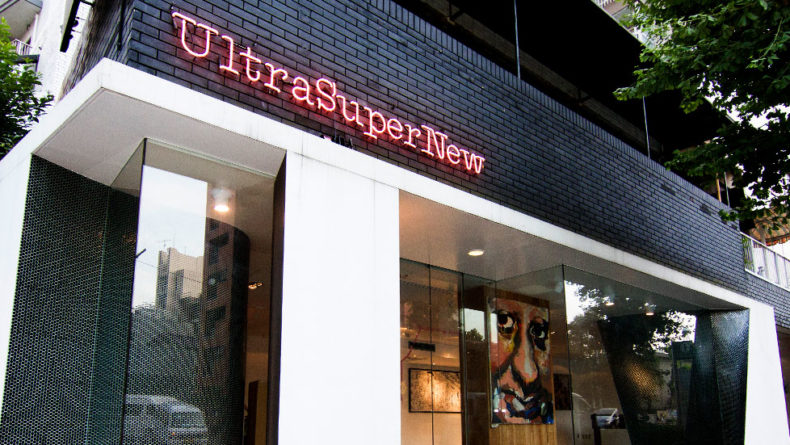
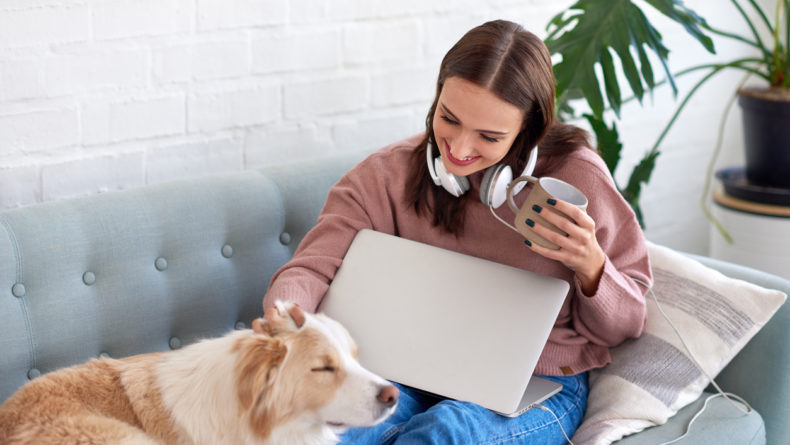
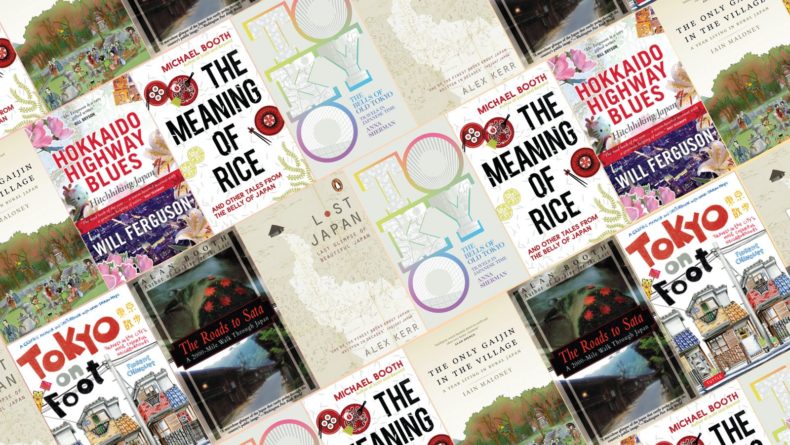
Leave a Reply